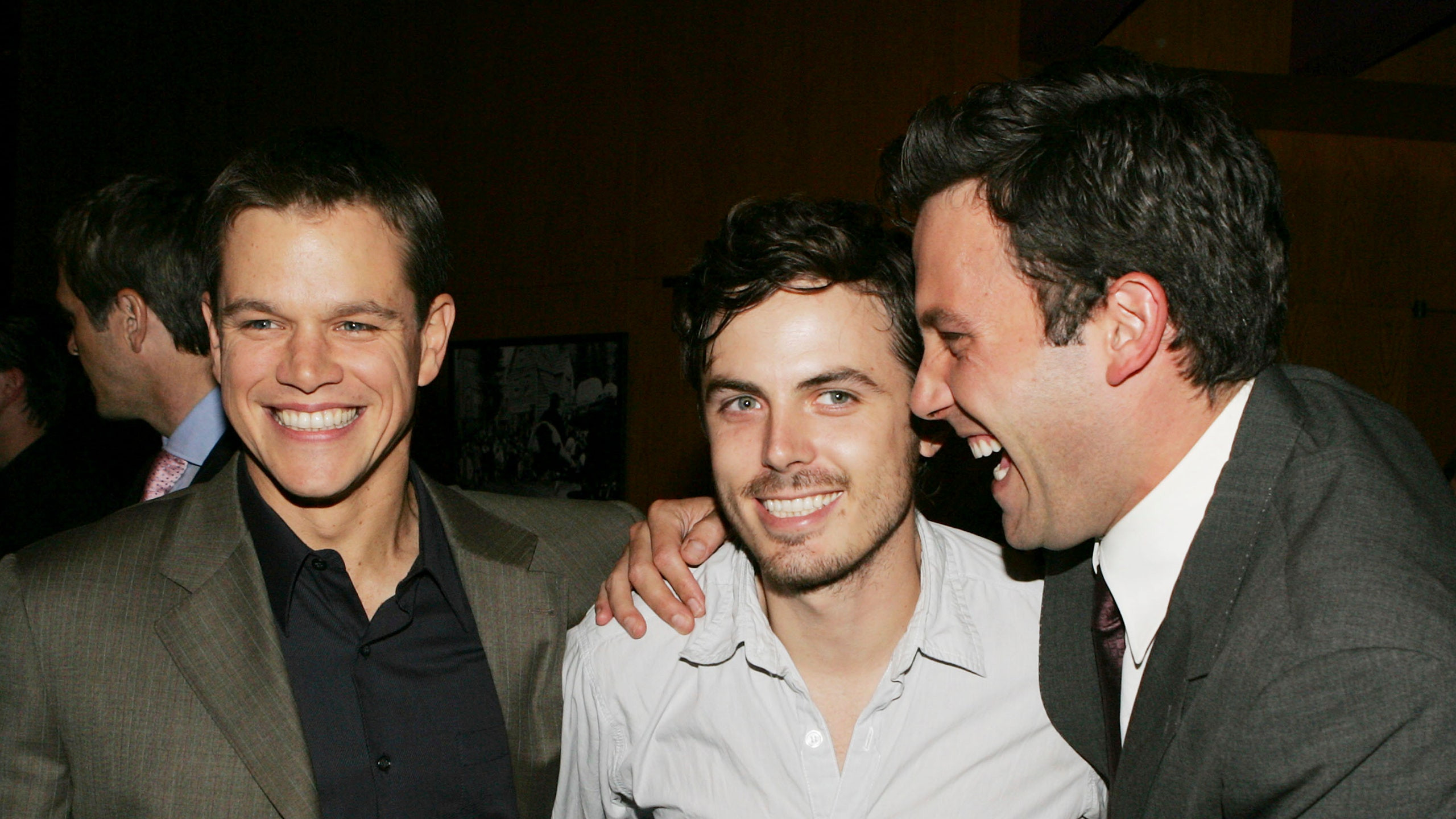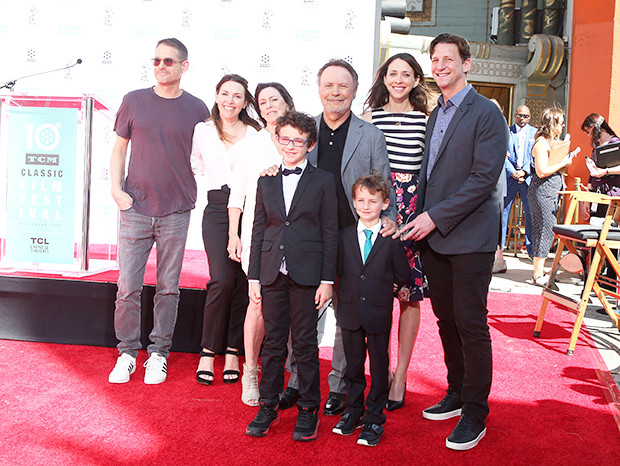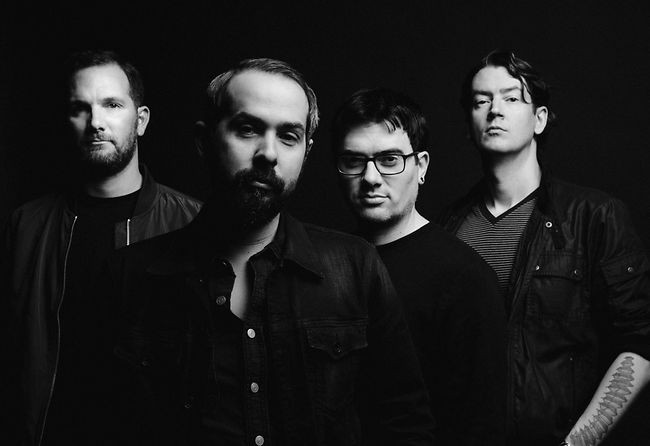Pop Culture Jeopardy!: A Hilarious, Yet Flawed, Spin-Off
You either grew up in a Jeopardy! household or you didn’t. The legendary quiz show created by Merv Griffin has been a television staple for sixty years, but for many of us, clicking over at exactly 7:00 p.m. from the dinner table to yell out answers like “Animal Farm!” and “The Galapagos!” in between bites of meatloaf and mashed potatoes is also a weeknight family tradition. But what if your brain space is dedicated to ’90s boy bands and Tilda Swinton’s filmography instead of science and math? Enter Pop Culture Jeopardy!, the newest addition to the Jeopardy! universe.
A Pop Culture Quiz Extravaganza
This new show tests the cultural knowledge of 81 teams in categories ranging from Alternative Rock to The Avengers, Broadway to MMA, and Gen Z to Zendaya. The tournament-style event offers a $300,000 grand prize and ultimate bragging rights. The show premiered on December 4th, with episodes mostly released in batches of three every week, totaling 40 installments. It's not the franchise’s first foray into populism; there was Sports Jeopardy! and Rock & Roll Jeopardy!, but Pop Culture Jeopardy! is the most blatant appeal to the masses, leaning more towards online trends than common knowledge. Colin Jost, the host, even admits it’s Jeopardy! “for people who get upset when regular Jeopardy! players miss clues about rappers and reality TV.”
Geek Potential vs. Recency Bias
The idea of a purely culture-focused quiz initially excited many. The hope was for deep-dives into film factoids, musical deep-cuts, and obscure TV trivia. But Pop Culture Jeopardy! doesn’t reach that potential. Instead of esoteric knowledge, it focuses on mass-media moments like Left Shark, Dunder Mifflin, and the Met Gala. Categories are filled with TikTok trends and meme culture, showcasing a strong recency bias to attract a younger audience. Even Jost was surprised when contestants couldn't name The Smashing Pumpkins' most famous song, commenting on a category about 2019, saying, “I don’t like that it’s implying that was a long time ago.”
Team Dynamics and Gameplay Twists
The team-focused format further detracts from the intellectual rigor. The question arises: how many extra brains does it take to answer questions about Game of Thrones direwolves or Flava Flav's clock accessories? The punny team names (Oops! We Guessed It Again, Pop Queens, Queen City Kidz) and coordinated outfits give it a pub-trivia vibe, a departure from the original's seriousness. The structure is further changed with additions like the “Triple Play” twist, which requires correct answers to three-part questions or risks losing points to another team. The lack of audio and video clues also seems like a missed opportunity.
A Critical Analysis: More Than Trivia?
There are few spaces remaining that treat popular culture seriously, especially with the prevalence of short-form content like TikTok. Film and television are often considered lowbrow, and Pop Culture Jeopardy!’s approach doesn't challenge this perception. In an interview with The Ringer, Jost said that the game itself is the star, and the host should get out of the way. However, Pop Culture Jeopardy! suffers from exactly this issue: too many additions that make it unrecognizable from the original. Jeopardy! is perfect, and Pop Culture Jeopardy! could be, too, if it focused on its core strength—nerdy trivia—instead of distracting elements.
The Verdict: Binge-Worthy But Not Legendary
Will people watch it? Probably. The three-episode-a-week format and easier questions make it easy to binge. But it lacks the nightly ritualization and intergenerational appeal of the original. Will kids grow up in Pop Culture Jeopardy! households? We’ll take “Doubtful” for $200, Colin. The show's strengths lie in its accessibility and entertainment value. Its relaxed format and relatable pop culture references provide a more casual viewing experience, perhaps appealing to a broader audience than the original Jeopardy! format. However, its reliance on recent trends and less emphasis on in-depth knowledge might disappoint those seeking a more intellectually stimulating trivia experience. The show succeeds in its lighthearted approach but falls short of replicating the iconic status of its predecessor.
The show's fast-paced, lighthearted nature and readily accessible pop culture content make it an easy watch. The show also successfully introduces new game mechanics such as the Triple Play, without completely derailing the familiar Jeopardy format. However, the show lacks the seriousness and depth of knowledge that the original Jeopardy! is well known for. Ultimately, whether viewers consider Pop Culture Jeopardy a success will depend on their expectations and preferences. Will this new show achieve the same level of cultural impact as its predecessor? Only time will tell.


















